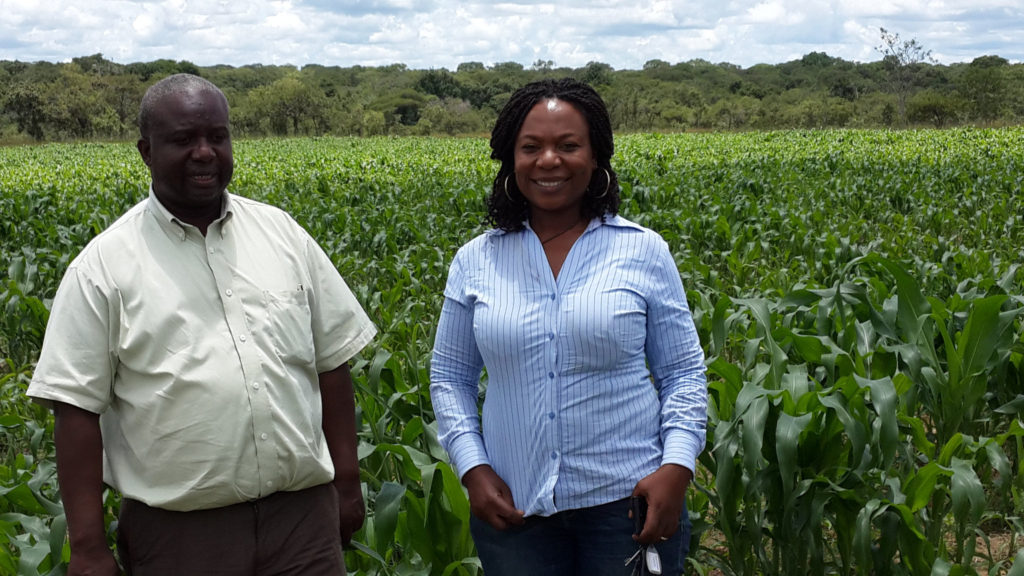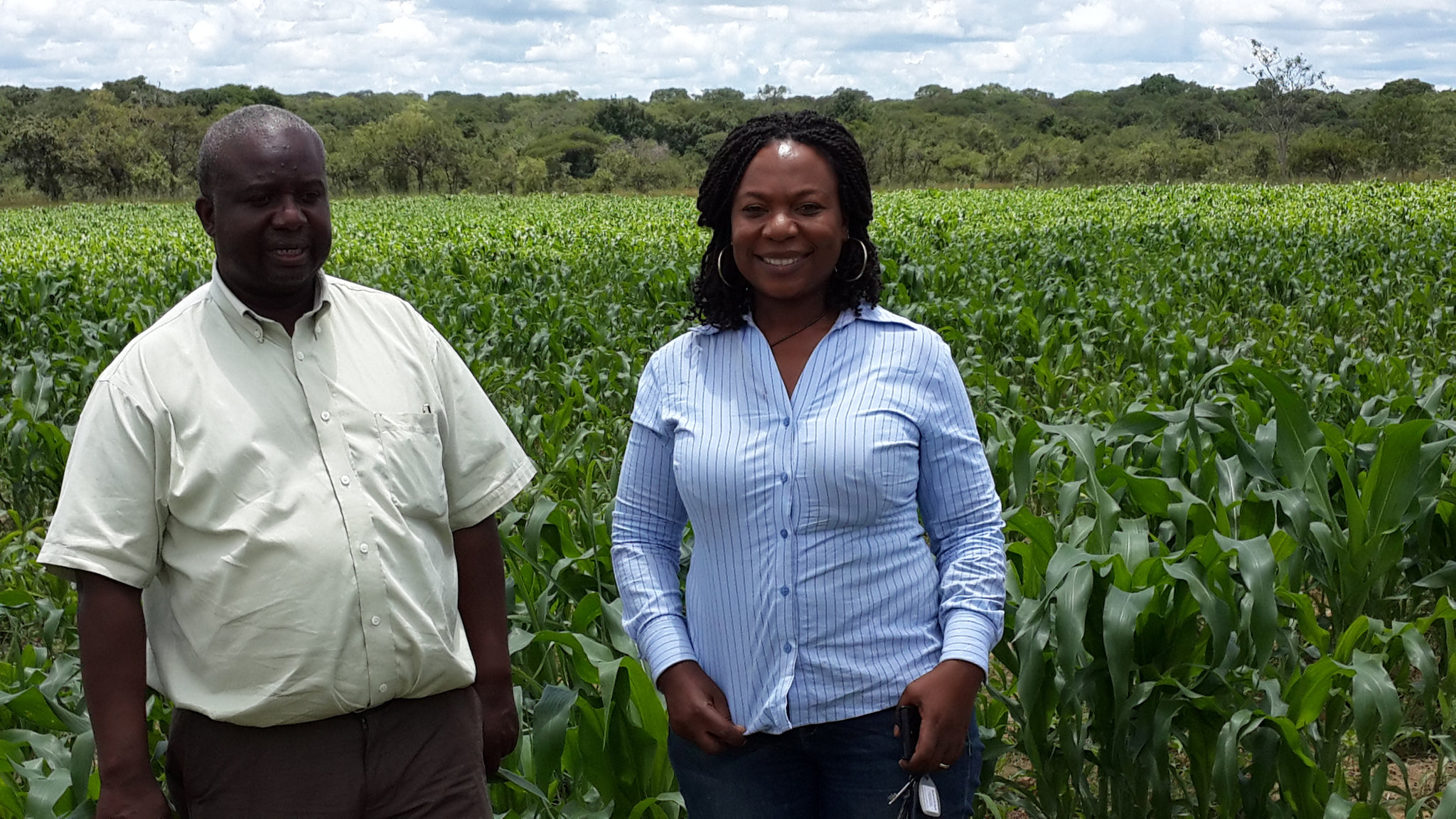Partneships
No single partner can accomplish all the needful in seed sector development. The hallmark of AfricaSeeds’ modus operandi is collaboration, on the basis that the seed sector is manned by diverse value chain actors who must all collaborate closely to deliver the desired end product. Thus, AfricaSeeds considers as key partners all governments of Member States, all seed institutions, developmental partners, seed topic specialists and consultants, farmers groups, civil society entities and continental and regional authorities. Particularly, collaboration is sought with major continental seed institutions and donors whose seed sector development activities would significantly benefit from the incorporation of AfricaSeeds’ knowledge and familiarity with the African seed sector terrain.
Collaboration with the Commission of the African Union
The AUC is a key collaborator in view of its oversight responsibility for ASBP. Via MoU, AfricaSeeds will serve as the default implementer and facilitator of ASBP, seeking by that role to galvanize action by all seed actors across Africa to respond to the AU call to collaboratively address the continental seed concern.
Collaboration with AfricaSeeds’ Member States
The national seed programs are also key collaborators on behalf of the Member States. Via their direct participation in AfricaSeeds’ affairs at both the Focal Point level with the Executive Director and during the general Meetings of Member States and Partners, Member States will be able to direct and influence the operations to be conducted by AfricaSeeds. Further, AfricaSeeds will address the concerns of the national seed programs through the Regional Economic Centers (RECs), or directly.
AfricaSeeds will work towards ensuring and securing the buy-in and recommitment by Member States. This will be done through a process detailing the following.
- Disseminate information on why and how AfricaSeeds was formed and the ownership of the Organization.
- Undertake a round of visitations and contacts to Member States in order to recall commitment of Member States through signing of ASN agreement and recall efforts, since 2014, to secure recommitment by Member States.
- Resume and accelerate MOUs with Member States. These to be designed to reflect, on case-by-case basis, how AfricaSeeds will perform with each Member State.
- Assistance by AfricaSeeds to national seed programs (e.g. assist in planning and implementing the seed development plans in Member States)
- National Focal Points (NFP) and Regional Focal Points (RFP) to be the most appropriate and effective seed sector person at the national or institutional level (e.g. the head of the seed service or chairman of the national seed council).
Intended Partnerships and Collaborations
The range of institutions identified to develop or continue collaboration /partnership within specific areas related to their respective specialized areas of expertise is included in the Strategy Document (Table 1).
Strategy for Partnership and Collaboration
AfricaSeeds strategy in partnership will hinge on the following aspects.
Formal agreements and frameworks for AfricaSeeds’ relationship and actions in partnerships and assignments between AfricaSeeds and governments, institutions and clients.
AfricaSeeds recognizes that networking is important to seed sector development. The networking function will enable AfricaSeeds to enhance the sharing of knowledge and experiences among Member States as an aid towards addressing emerging issues and scaling up successful initiatives. The publication of a periodic AfricaSeeds network newsletter will be one of the more visible manifestations of the network function but other activities such as conferences, training sessions and visits will also be carried out.
Communities of Practice are expected to develop among the consortium of AfricaSeeds and its regional partners. The Communities of Practice are common actions on key topics based on accepted common approaches and norms which are evidence-based and accepted to be scaled up and widely adopted. This will likely occur among AfricaSeeds and its partners.
Thematic groups will be established to debate and exchange on identified thematic issues in order to provide consensus or expert opinion to be presented to the Scientific and Technical Committee for final resolution and recommendations to AfricaSeeds. The thematic groups will be led by lead technical experts selected from the wide range of African and development partner institutions. Members of the Thematic Groups will be senior experts who will be willing to engage in discourse on key seed sector topics and issues, mainly on voluntary basis, as far as possible via internet-based exchanges. Membership of the Thematic Groups will be kept at a manageable level, from 6 to 8 experts per group. A minimum number of AfricaSeeds-sponsored assembled group meetings may be organised where specific circumstances so require. The thematic areas will be chosen based on emerging issues in the African seed sector.
AfricaSeeds will utilize the strategy of expert consultations to subject key seed sector issues to debate, in collaboration with all partners in the seed sector. The resulting consensus emanating from the discussions will shape the content and direction of AfricaSeeds interventions as well as serve to assist partner organizations in their own actions. In this process, African seed institutions and/or initiatives will be considered as very important allies in building up knowledge and in outsourcing development expertise. All concerned national and international research institutions, seed trade organizations and regional and international seed testing and quality assurance institutions will therefore become very important partners of AfricaSeeds.
AfricaSeeds will build up expertise in and make good use of the strategy of public-private partnership (PPP) which has the potential of bringing together the advantages and contributions of the public and private sectors to effectively address problems which in the past have not been satisfactorily addressed by either sector acting alone.

Promoting the development of a strong seed sector on the continent requires a collaborative effort between the public and private sectors

